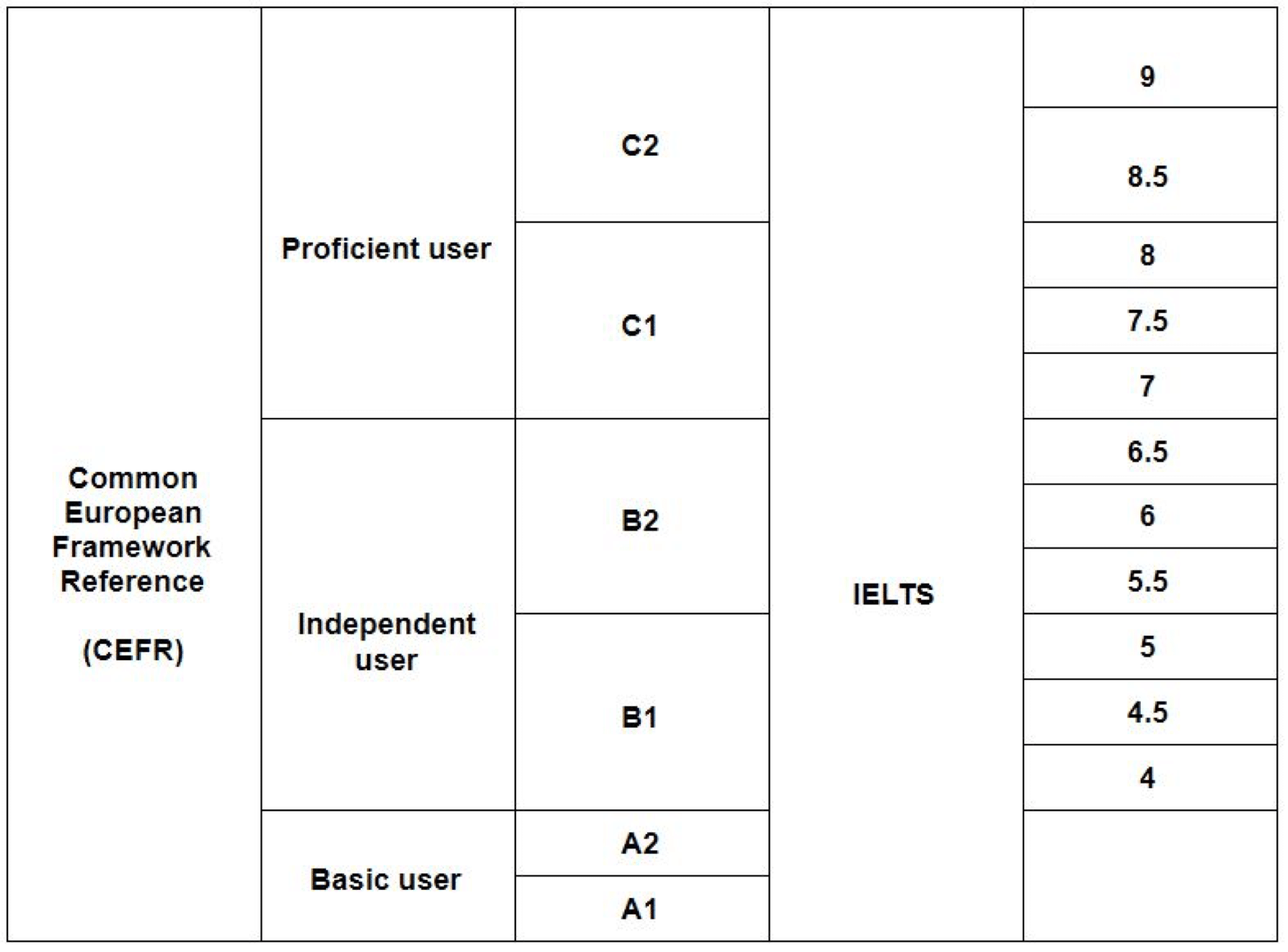International English Language Testing System (IELTS) is a standardized test that measures the language proficiency of people who want to study or work in environments where English is used as a language of communication. The test is divided into four sections – Listening, Reading, Writing, and Speaking. Each section is scored on a scale of 0 to 9, and the overall band score is the average of these four scores. Understanding how to interpret your IELTS score is crucial for determining your English language proficiency.
When you receive your IELTS score, it is important to understand what each band score means in terms of your English language proficiency. A band score of 9 indicates expert user proficiency, while a band score of 1 indicates non-user proficiency. Here is a general breakdown of what each band score represents:
Band 9: Expert user – Has full operational command of the language.
Band 7-8: Very good user – Has operational command of the language with occasional inaccuracies.
Band 5-6: Modest user – Has partial command of the language and copes with overall meaning in most situations.
Band 1-4: Limited user – Has basic competence in the language but struggles with overall meaning.
It is important to note that the band score requirements may vary depending on the institution or organization you are applying to. Some universities or employers may require a minimum band score in each section, while others may only look at the overall band score. Make sure to check the specific requirements of the institution or organization you are applying to.
Additionally, if you did not achieve the band score you were aiming for, do not be discouraged. You can always retake the test to improve your score. There are no limits to how many times you can take the IELTS test, so you have the opportunity to work on your weaknesses and improve your English language proficiency.
In conclusion, understanding your IELTS score is essential for determining your English language proficiency and meeting the requirements of the institution or organization you are applying to. By knowing what each band score represents and how to interpret your overall score, you can better prepare for your academic or professional goals that require English language proficiency.
